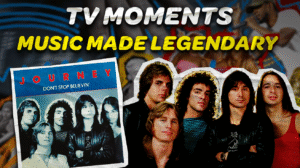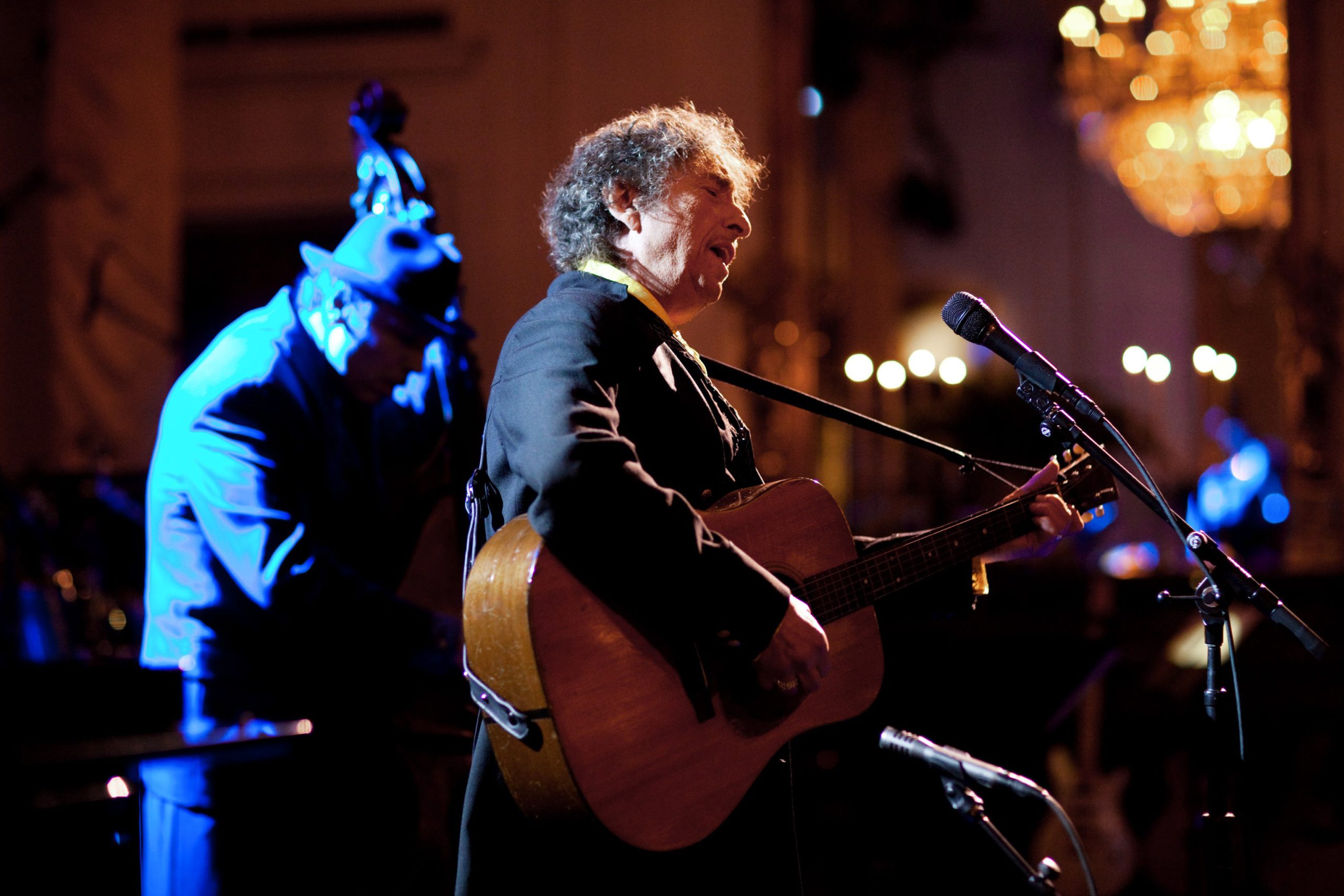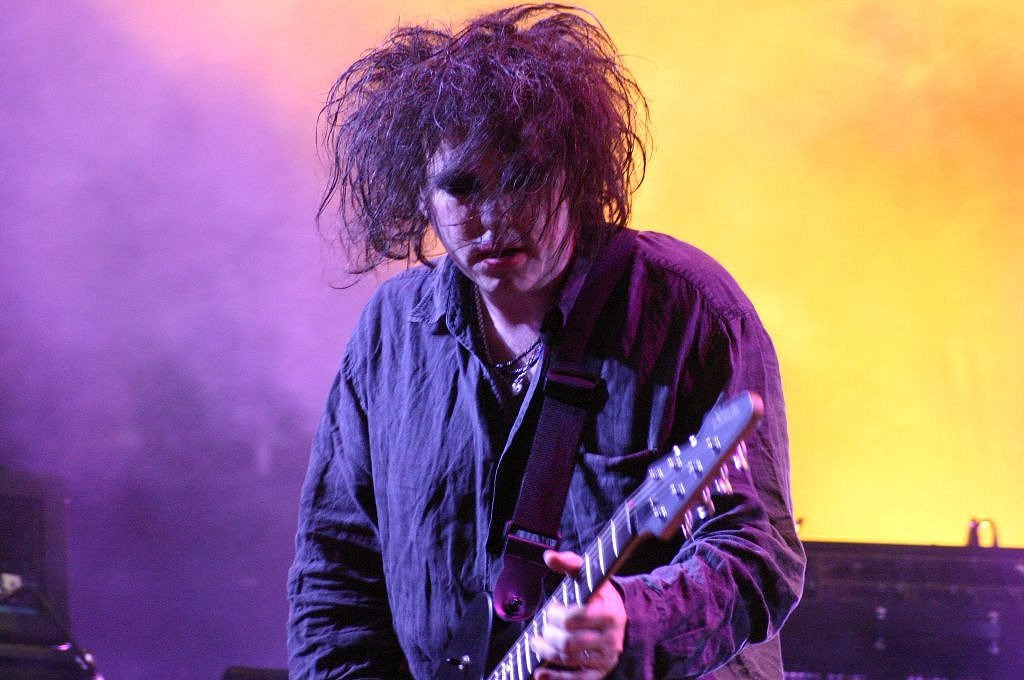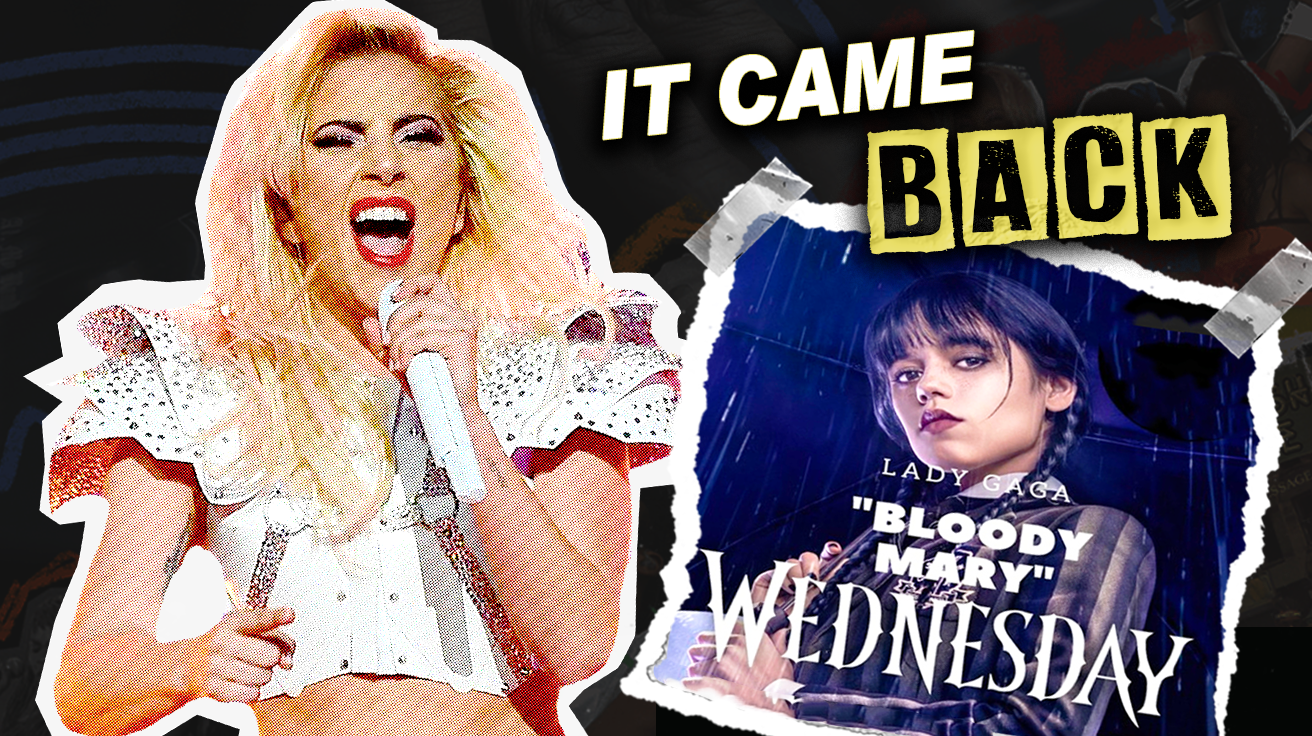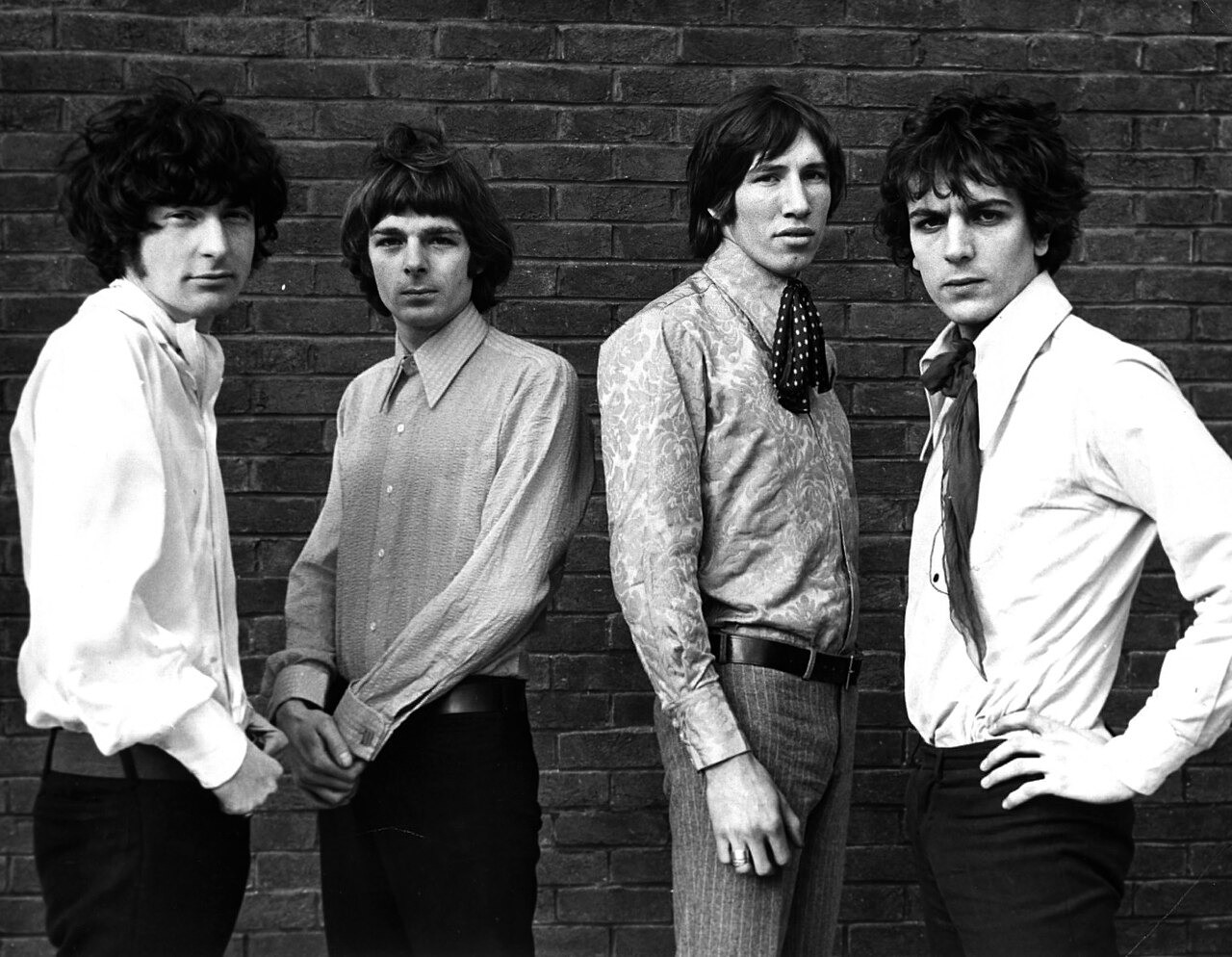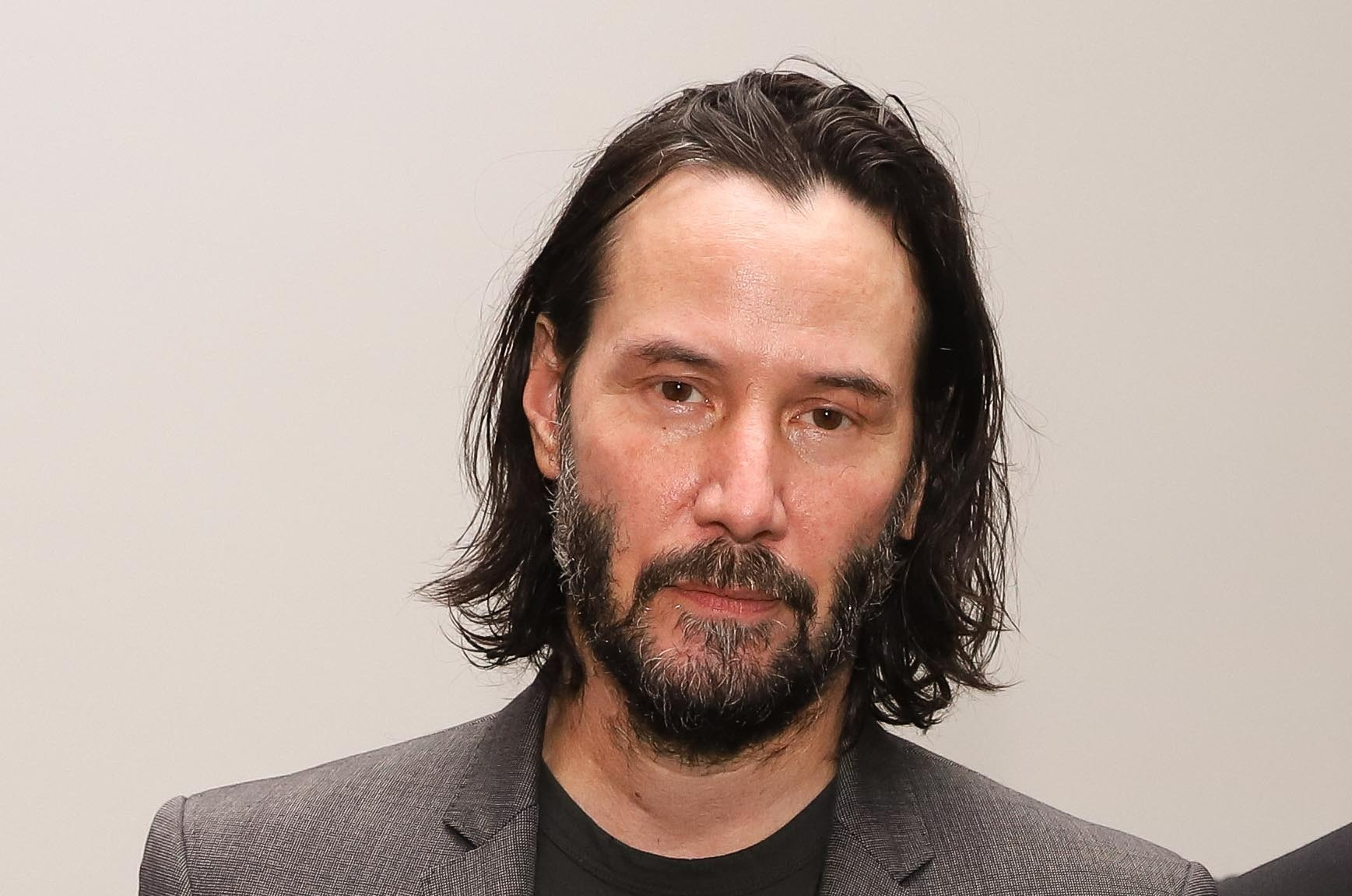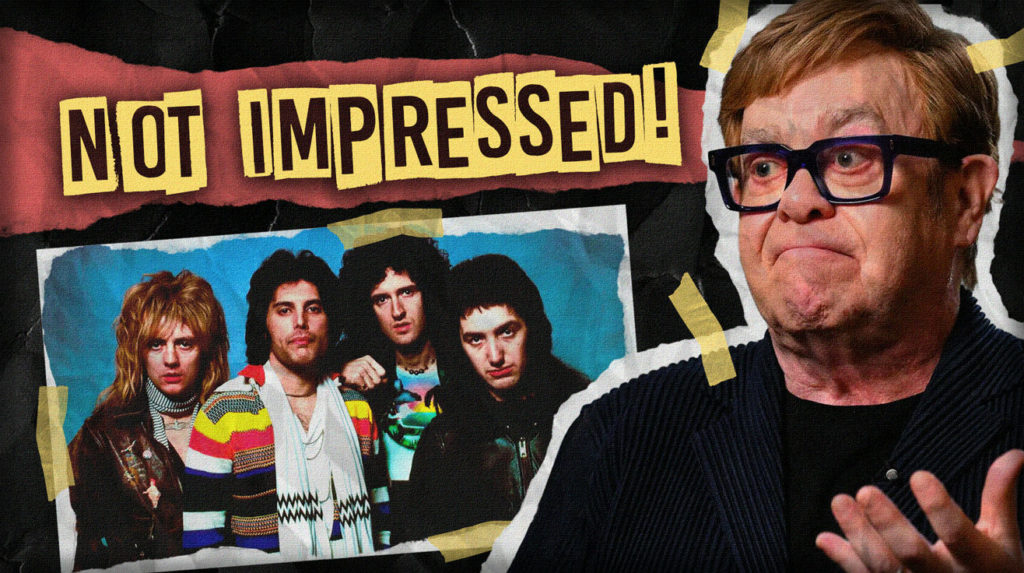
Elton John‘s legendary career spans over five decades, but his razor-sharp tongue made almost as many headlines as his chart-toppers. While you might know him for “Tiny Dancer” and those iconic sequined jumpsuits, Sir Elton built a reputation for brutally honest takes on fellow musicians. His feuds weren’t just tabloid drama – they revealed deep artistic disagreements about authenticity, talent, and what real musicianship means during pivotal moments in music history. These conflicts offer a fascinating peek behind the velvet curtain of rock royalty, where egos clash and creative philosophies collide over the soul of popular music.
6. Moby

Electronic music’s late-1990s chart dominance triggered Elton John’s most passionate defense of traditional musicianship values. Though specific quotes about Moby’s “Play” album lack verification, John consistently opposed the sampling culture that threatened to replace live instrumentation with programmed beats.
The conflict represented a generational warfare over music’s future direction. John watched bedroom producers achieve massive success using techniques that contradicted everything he believed about artistic craftsmanship. His resistance to electronic music reflected broader industry fears that technology might replace human creativity. This tension shaped early 2000s music criticism and influenced how established artists approached digital collaboration. John’s stance positioned him as a traditionalist guardian during music’s digital revolution.
5. The Beatles (Post-Breakup)
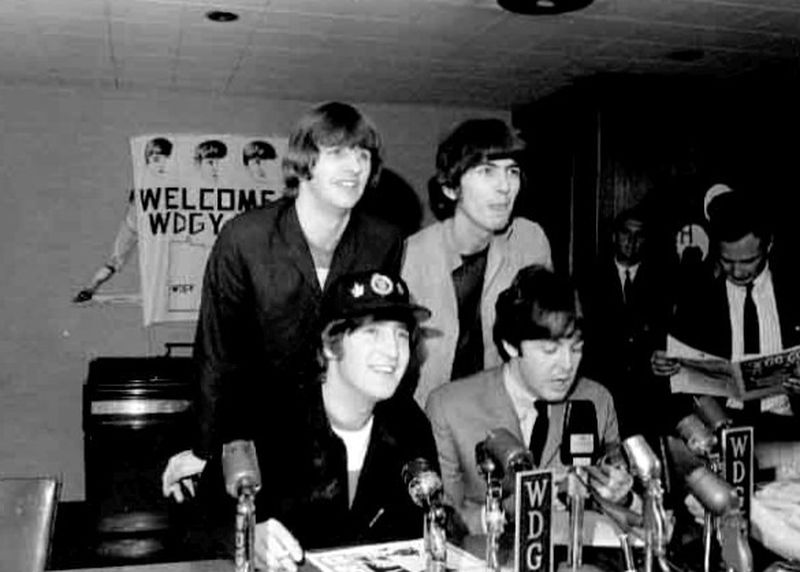
Despite his close friendship with John Lennon, Elton John became one of the most vocal critics of the Beatles’ solo disappointments. His insider perspective, gained through collaborating with Lennon on “Whatever Gets You Through the Night,” gave him unique authority to judge their individual limitations against their collective genius.
John’s criticism reflected broader industry frustration with supergroup breakups that rarely produced equally successful solo careers. His comments targeted the gap between the Beatles’ revolutionary group chemistry and their comparatively mundane individual efforts. This dynamic revealed how collaborative magic often exceeded individual talent, influencing how the industry valued band unity versus solo ambition. John’s willingness to criticize legends demonstrated his belief that past achievements shouldn’t shield artists from honest artistic assessment.
4. The Rolling Stones
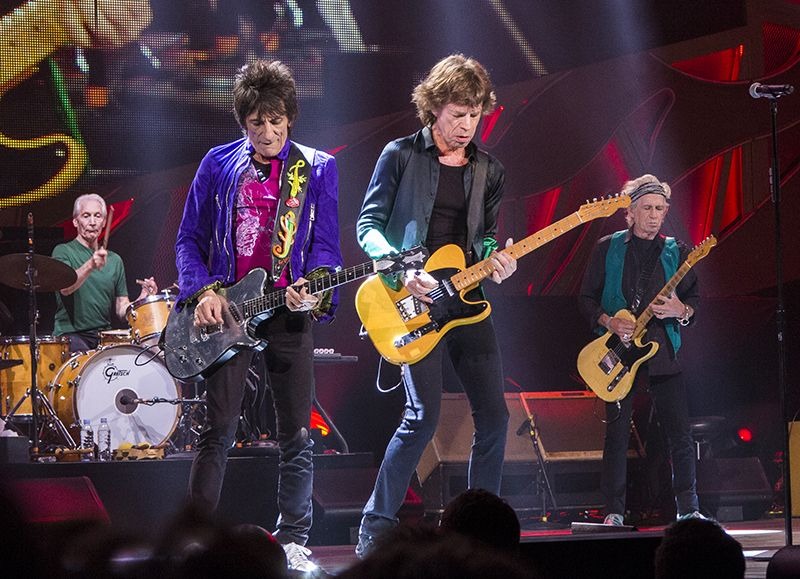
Elton John’s beef with The Rolling Stones exposed the fault line between rock purism and theatrical showmanship that defined the 1970s music scene. The tension became public when John called Keith Richards “a monkey with arthritis” and described him as “pathetic” in multiple interviews and his 2019 autobiography “Me”. These weren’t random insults – they stemmed from a fundamental disagreement about musical evolution.
According to John’s memoir, Richards was particularly bothered that “The Lion King” soundtrack outperformed the Stones’ “Voodoo Lounge” album commercially. This rivalry represented a broader industry shift where soundtrack work and mainstream appeal began challenging traditional rock credibility. John’s willingness to embrace Disney proved more profitable than the Stones’ blues-rock formula, creating resentment that lasted decades.
3. Oasis
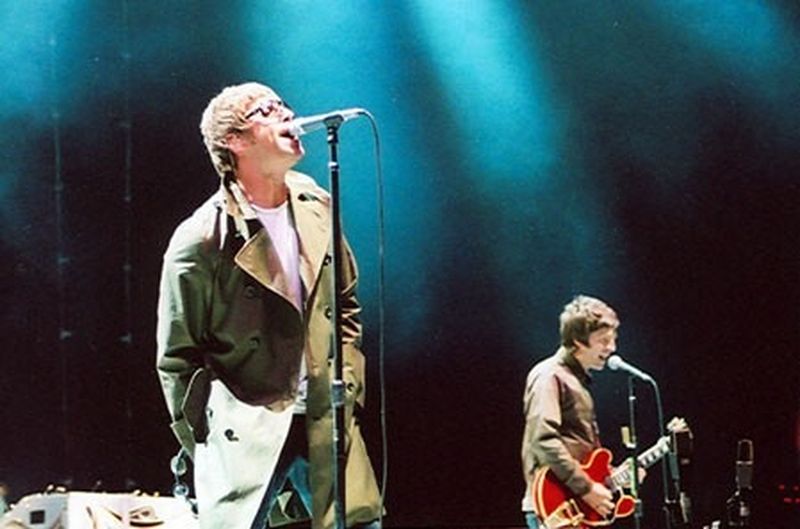
The Gallagher brothers became ground zero for Elton’s frustration with Britpop’s wasted potential during the genre’s 1990s peak. In a famous 2010 Absolute Radio interview, John delivered his most quotable criticism: “True professionalism isn’t trashing hotel rooms; it’s showing up for the fans”. He also called Oasis “stupid sods” for failing to break America despite their massive UK success.
John’s criticism targeted their self-sabotaging attitude more than their music. He watched Blur successfully court American audiences while Oasis alienated potential fans with arrogance and unreliability. The feud highlighted a generational divide about how British bands should approach global markets. John’s comments sparked heated responses from Noel Gallagher, cementing one of British music’s most public feuds and revealing deeper tensions about artistic responsibility versus rock star mythology.
2. Electric Light Orchestra (ELO)
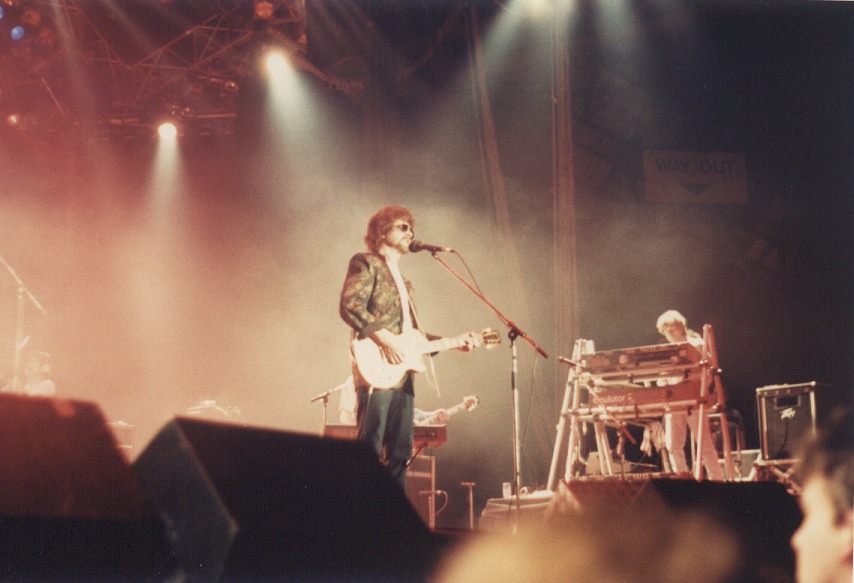
Electric Light Orchestra (ELO) represented everything Elton John fought against during the mid-1970s production wars that reshaped popular music. While John’s specific quotes about Jeff Lynne’s band remain undocumented, their rivalry symbolized a crucial industry debate about authenticity versus orchestration that influenced countless artists.
John consistently championed piano-driven arrangements and emotional directness over ELO’s heavily layered symphonic pop. When both artists competed for chart positions during the disco era, their contrasting approaches reflected broader questions about rock’s future direction. John’s preference for live instrumentation and spontaneous performance clashed with Lynne’s meticulous studio perfectionism. This philosophical divide helped define whether rock music would embrace classical complexity or maintain its rebellious simplicity – a debate that continues influencing artists today.
1. Queen
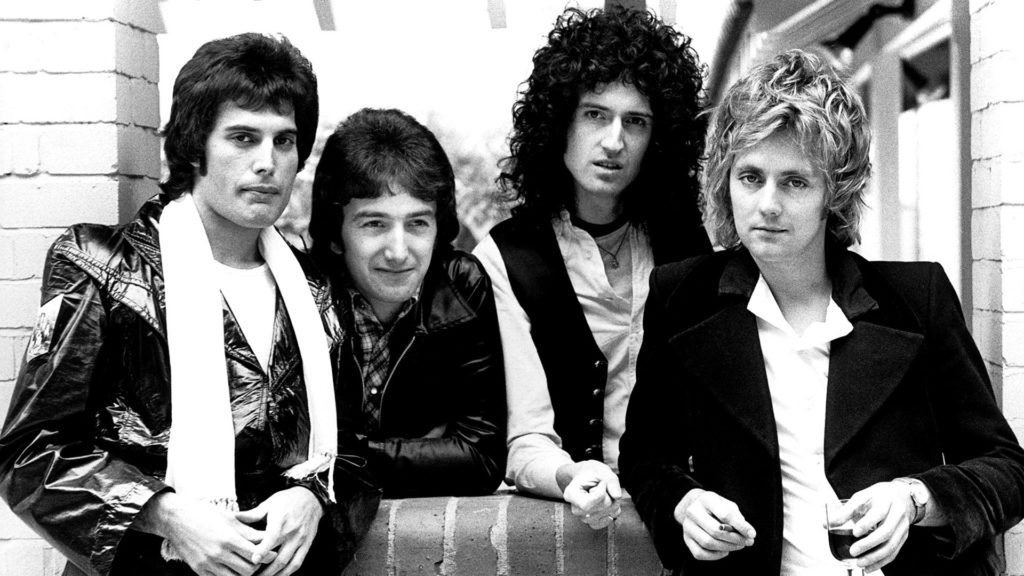
Elton John’s complex relationship with Queen revealed the competitive dynamics that drove 1970s rock innovation. Their rivalry peaked during the era when theatrical rock threatened to overtake traditional singer-songwriter formats, forcing artists to choose between spectacle and substance.
The tension was particularly evident during Live Aid, where both acts delivered legendary performances on the same day, essentially competing for rock history’s most iconic moment. John later acknowledged in his autobiography that “your fiercest competitors are often the ones you secretly admire most”. This admission revealed how professional jealousy often masked artistic respect. Their relationship demonstrated how healthy rivalry between equally talented performers could push both artists toward career-defining moments, ultimately benefiting rock music’s evolution.




